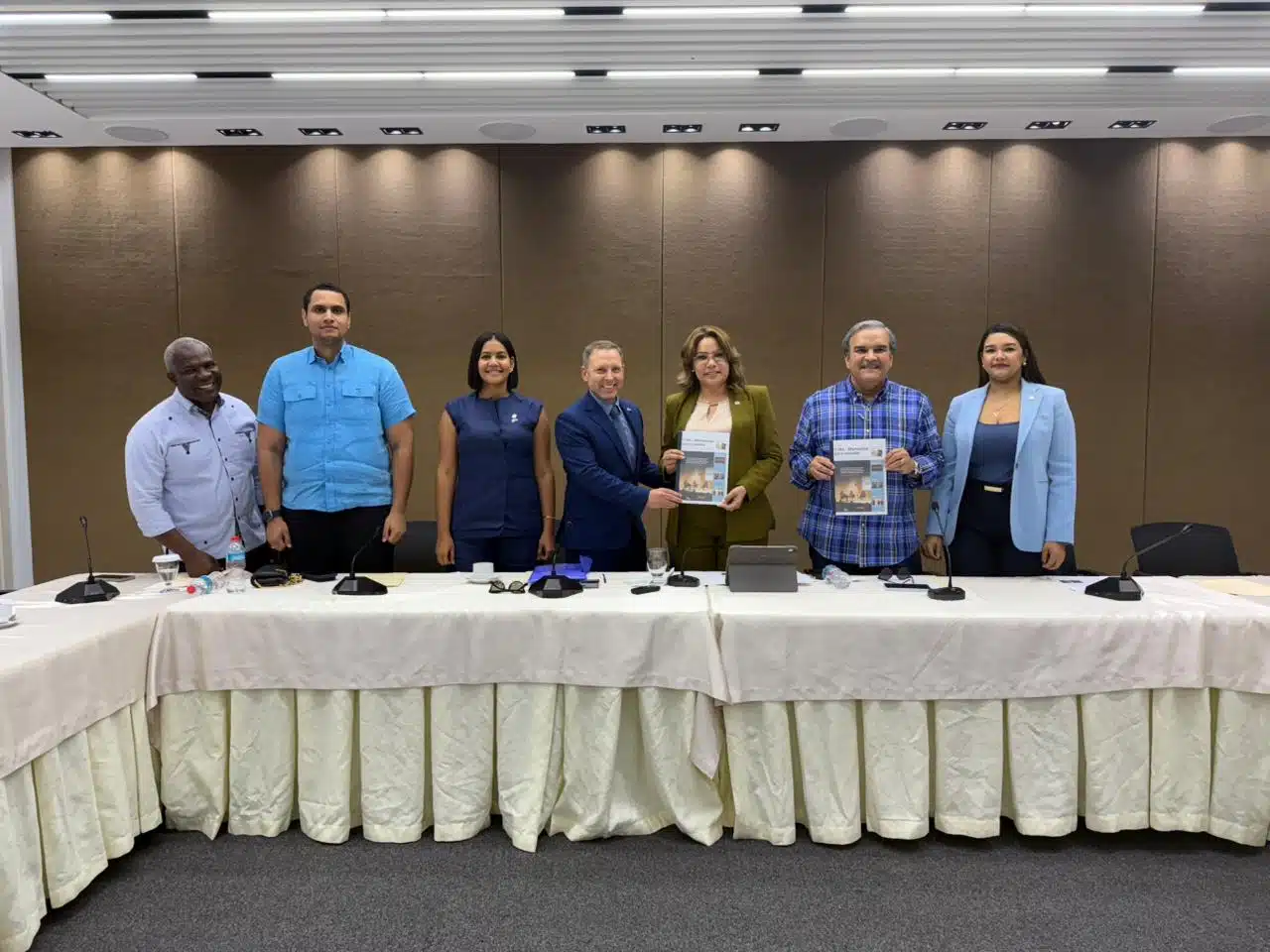

USC Falls Short After Jewish Student’s Resignation
In a recent article in the Algemeiner, Dr. Naya Lekht (Club Z’s Director of Education) argues that Jewish student Rose Ritch’s resignation from her position as vice president of the student government at the University of Southern California (USC) highlights both the growing level of campus anti-Semitism and also the inadequate responses by campus leadership to appropriately address anti-Semitism.
In early August, Ritch resigned from her position after being harassed and pressured by her peers for openly identifying as a Zionist and supporter of the state of Israel. Ritch was repeatedly accused by fellow students as being unsuitable for a student government position and that her position as a supporter of Israel made her a “racist.” In turn, an aggressive impeachment campaign was launched against Ritch.
Ritch repeatedly turned to campus administrators and off campus groups for guidance and support but her requests went unanswered. Lekht points out in her article that Ritch followed official USC protocol when reporting the clear violations of the university’s guidelines by the offenders. Unfortunately, the university failed to hold the students who harassed Ritch responsible nor did USC take adequate steps to ensure Ritch’s safety after threats of physical violence.
Ultimately, USC President Carol L. Folt sent out a campus-wide letter condemning the anti-Semitism and circumstances which led to Ritch’s resignation and promoting the USC Shoah Foundation’s “Stronger than Hate” program which aims to create a culture of anti-racism.
Lekht argues that President Folt’s letter falls short of addressing the problem of anti-Semitism on campus by not disciplining the students and using the blanket term of “racism” to tackle what is specifically hatred towards Jews. She contends that to truly fight anti-Semitism and protect Jewish students, administrations need to educate specifically about anti-Semitism. When other forms of hatred appear, administrations should educate on those specifically in their individual context.
“If the goal is to confront and combat anti-Semitism” writes Lekht “the first and most crucial step is to correctly identify it.”







